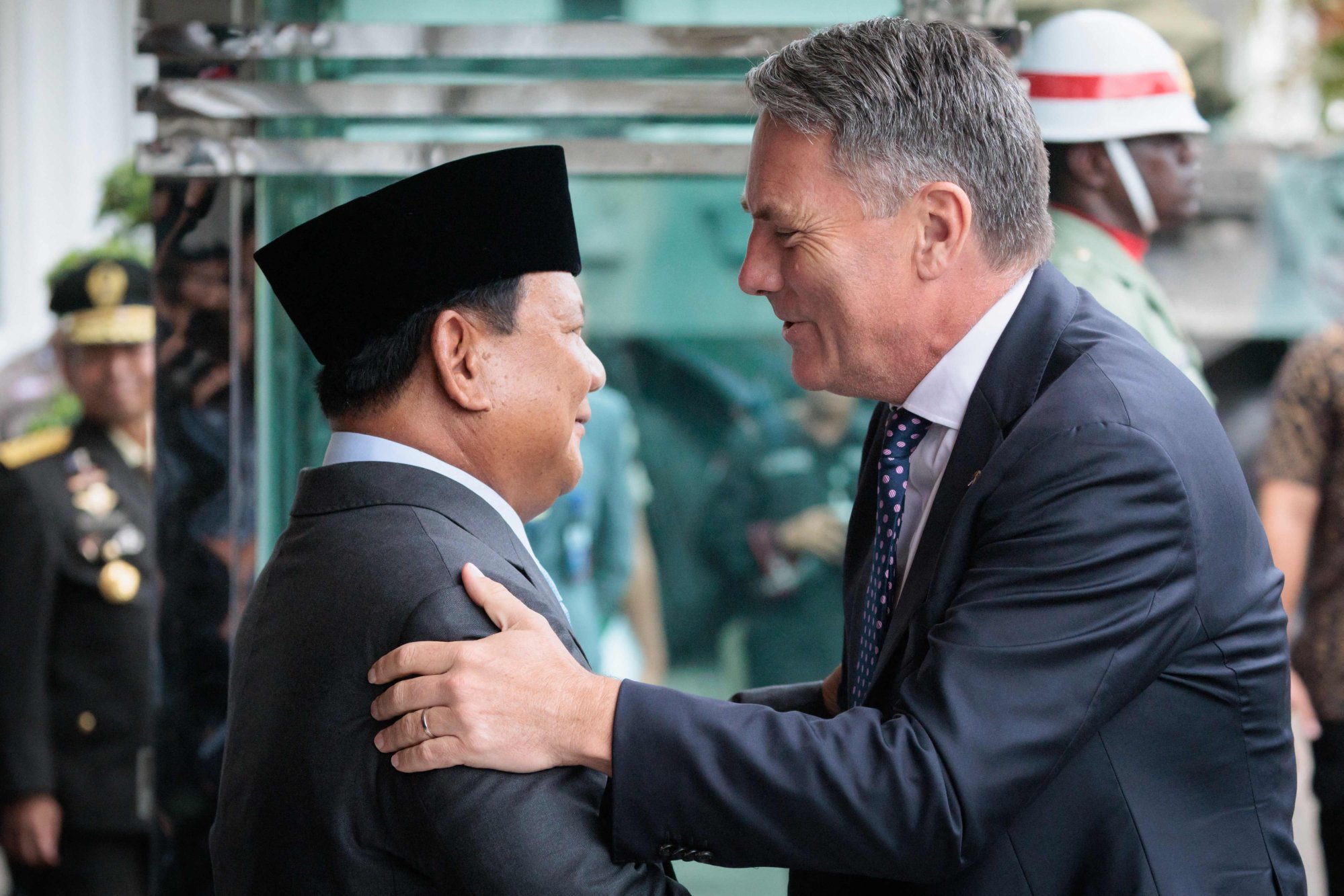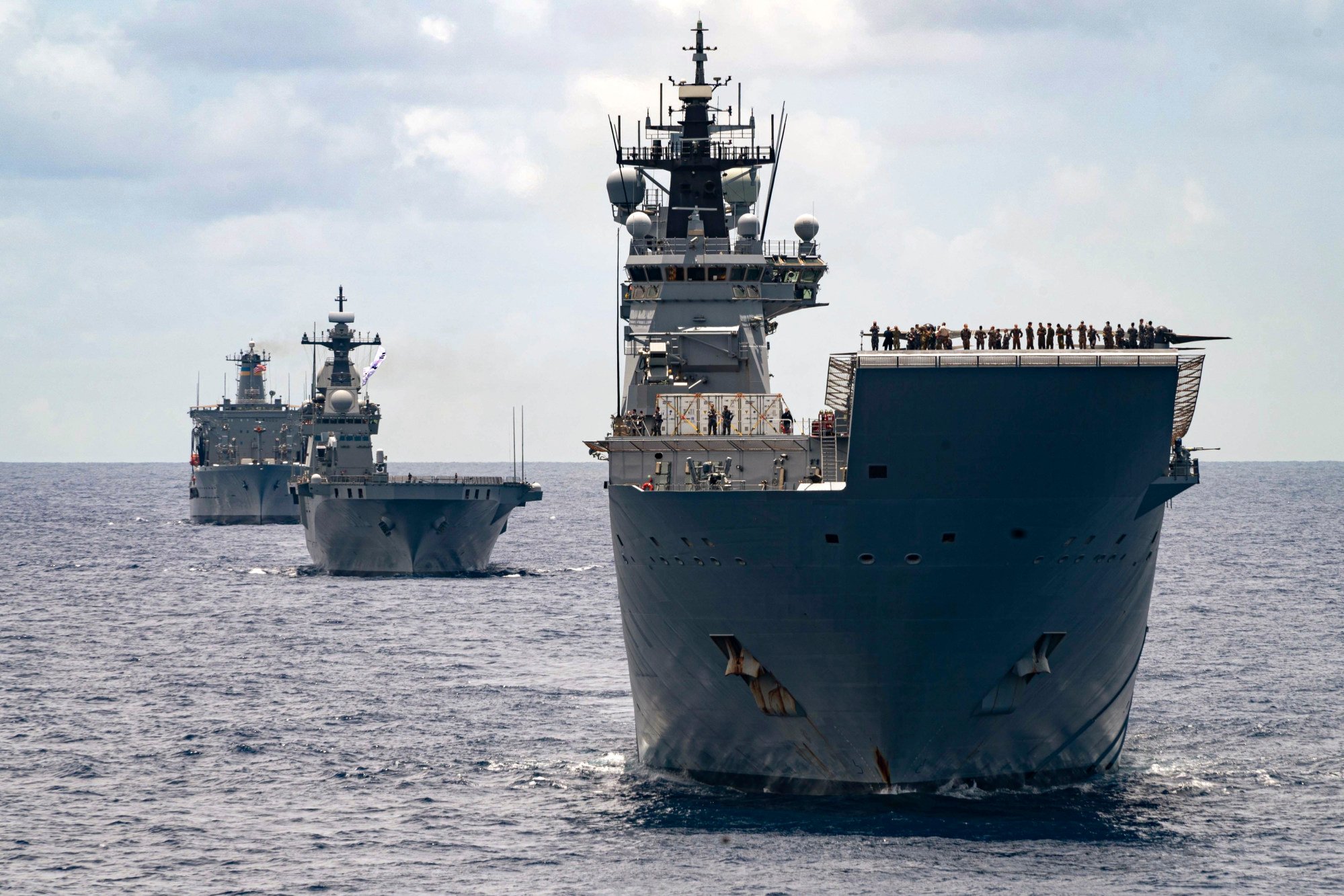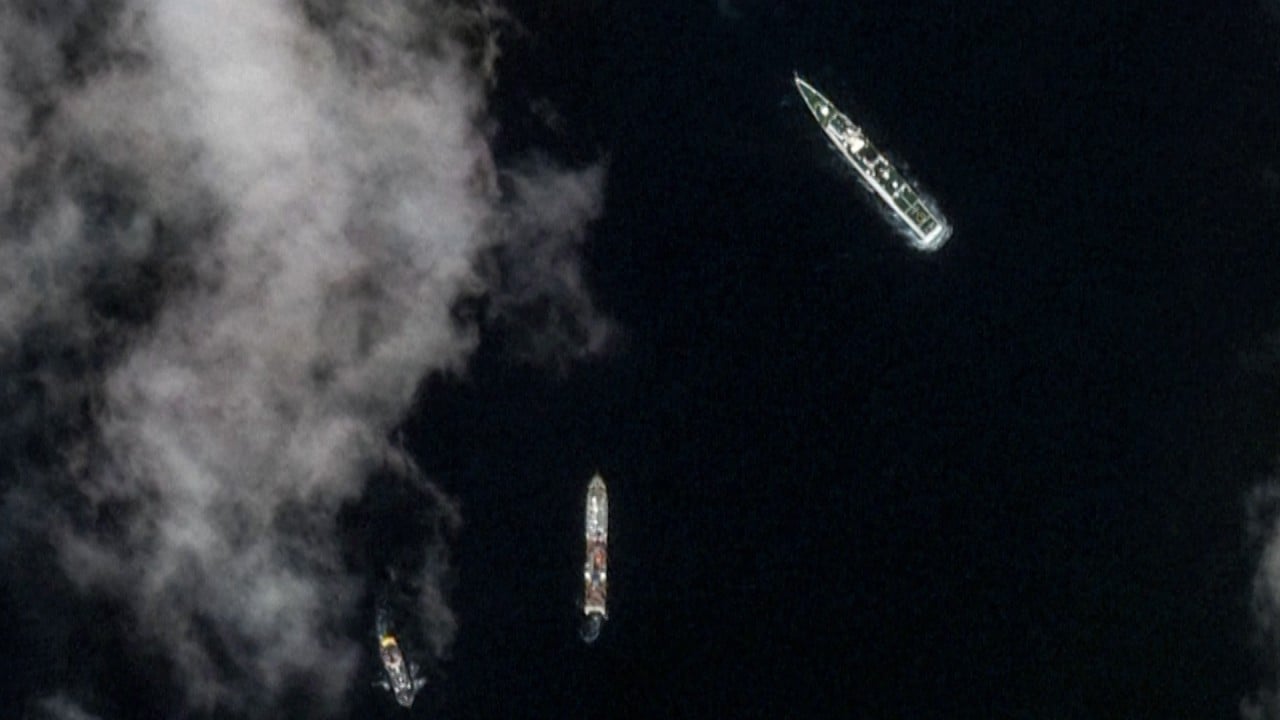Abdul Rahman Yaacob, a research fellow in the Southeast Asia programme at the Lowy Institute in Australia, said both Australia and Asean’s strategic interests converge in a stable and secure maritime domain.
“This is one area in which we hope to see more Asean-Australia cooperation,” Rahman said, adding that announcements on joint initiatives on climate change and business interests will be expected during the summit.
Asean can add momentum to Australia’s call for US-China detente: ex-minister
Asean can add momentum to Australia’s call for US-China detente: ex-minister
Rahman noted that Canberra’s increased defence spending and naval power expansion were generally accepted by Asean, which sees Australia as a “benign security partner with no ill-intention” and which is likely to contribute to security and stability in the region.
“Australia is generally a trusted security partner for Asean,” Rahman said, noting that Canberra is deeply entrenched in security arrangements with Asean.

After Australia’s Marles met his Indonesian counterpart Prabowo Subianto in Jakarta last Friday, both countries said they planned to sign a “very significant” defence cooperation agreement within the next few months.
Canberra and Jakarta agreed last year to elevate their existing defence cooperation arrangement to one that was “binding under international law”.
But there will be a “mixed reaction” from Southeast Asia towards Australia’s boost in defence spending, said Hanh Nguyen, a PhD student at the Australian National University and research fellow at the Yokosuka Council on Asia-Pacific Studies.
“But much will also depend on the structure of existing security and defence cooperation between Australia and Southeast Asia nations,” she said, noting that Canberra can boost maritime security cooperation with Southeast Asia nations by providing maintenance and repair services for coastguard vessels.
Other measures include legal and operational training for Southeast Asian defence personnel in countering China’s grey zone tactics – or the use of military or non-military tactics to intimidate or coerce but designed to remain below the threshold of triggering a major conflict.
Japan plans long-term maritime support for 4 Asean states in South China Sea
Japan plans long-term maritime support for 4 Asean states in South China Sea
Aristyo Rizka Darmawan, an international law lecturer at the University of Indonesia, said further cooperation between Australia and Asean can come in the form of more joint exercises, information sharing, and capacity building, especially in maritime defence technology.
“[These] will be much more appreciated in comparison with only military presence in the contested maritime area,” he said, referring to the Australian vessel Toowoomba that began joint patrols with the Philippines in the South China Sea last November for the first time.
Given its increased defence naval capability, Australia should ensure that all passage of its naval capability including submarines comply with the UN Convention on the Law of the Sea (Unclos) when passing through Southeast Asian waters, Dermawan said.
“Any Unclos passage violations will create distrust and concern from Southeast Asia”, Dermawan said, adding that Canberra should also offer assurance that the increased capability aimed to balance China’s military might in the region.
“Canberra should commit to peaceful conflict resolutions and build a good relationship with China,” he added.

Dermawan said the summit is timely given the current geopolitical situation in the region and Australia’s ambition for a more significant role in regional security.
“The summit plays an important part in ensuring conversations and building trust between Canberra and Southeast Asia, particularly when Canberra aims to increase defence capability,” he said.
‘Huge opportunity’: Australia unveils blueprint to ‘transform’ trade with Asean
‘Huge opportunity’: Australia unveils blueprint to ‘transform’ trade with Asean
Lowy Institute’s Rahman said both Australia and Asean recognised the need to work together on the four pillars of the summit, namely maritime cooperation, emerging leaderships, climate and clean energy, and on the economic front.
Rahman added that Canberra has also invested in developing human resource capabilities in the defence sector through programmes such as the Asean-Australia Defence Postgraduate Scholarship Programme at the Australian National University.
“Australia will continue to tweak its current mechanism to aid Asean members’ military forces based on the evolving security situation in the region,” Rahman said.


